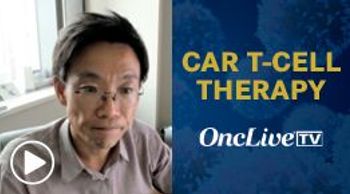
The hematologic oncologist from Memorial Sloan Kettering Cancer Center discussed factors to consider in selecting CAR T-cell therapies.

The hematologic oncologist from Memorial Sloan Kettering Cancer Center discussed factors to consider in selecting CAR T-cell therapies.
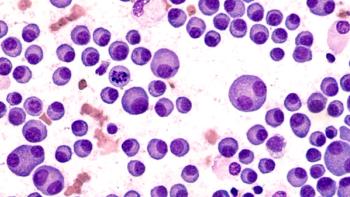
Noa Biran, MD, discusses exciting new agents in the field that may fulfill unmet patient needs.
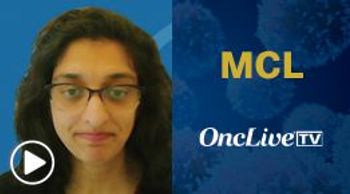
The Regional Care Network Medical Site Director at Memorial Sloan Kettering Cancer Center Basking Ridge discussed patient factors to consider when selecting treatment in R/R MCL.
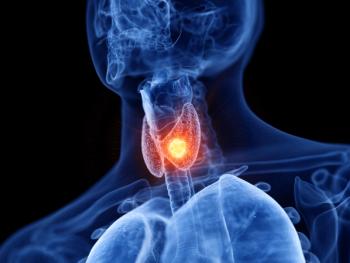
The non-randomized, open-label trial of AIC100 is currently recruiting patients at the Weill Cornell Medical College in in New York.
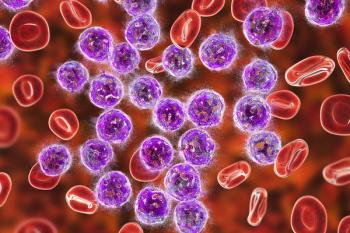
CAR T-cell therapy showed promising results in acute myeloid leukemia at ASCO 2021.
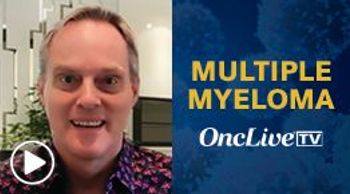
The inaugural leader of the Experimental Therapeutics Program at Sylvester Comprehensive Cancer Center, University of Miami discussed exciting novel therapeutic approaches in multiple myeloma.
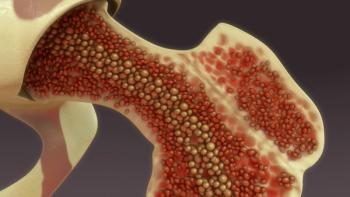
Jan Philipp Bewersdorf, MD, hospital resident at Yale University School of Medicine discussed the safety and efficacy of allogeneic hematopoietic stem cell transplant in myelofibrosis.
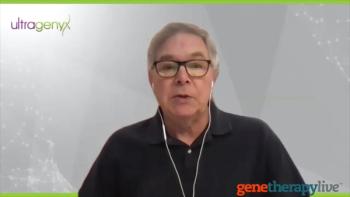
Sam Wadsworth, PhD, chief scientific officer of Ultragenyx Pharmaceuticals, discussed the company’s platform for efficiently producing AAV vectors.
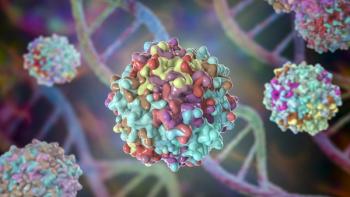
No concerning effects to liver health were observed in the phase 1/2a study.
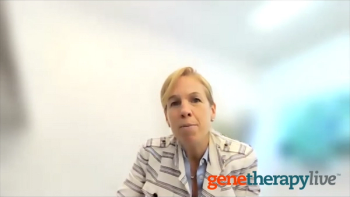
The president and chief operating officer of Agenus discussed the cell therapies the company is developing for the treatment of multiple myeloma.

The hematologic oncologist from Memorial Sloan Kettering Cancer Center discussed emerging CAR T-cell therapies in hematologic malignancies.

Clinical trials for both AGTC-401 and AGTC-402 show promising results.

The company announced plans to initiate the STEER study of intrathecal OAV-101 for older patients with SMA type 2.
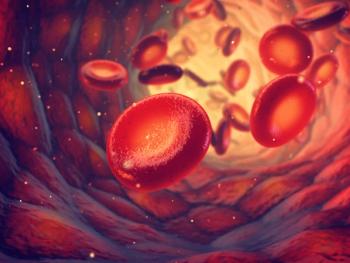
Phase 3 studies are continuing in the enhanced Padua FIX variant AMT-061 for hemophilia B.
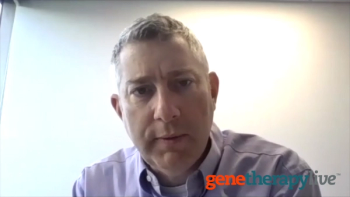
The executive vice president of research and development at Jasper Therapeutics discussed positive data from trials of JSP191 in MDS and AML.

The chief executive officer of CG Oncology discussed the role of CG0070 in patients who are unresponsive and responsive to Bacillus Calmette-Guerin immunotherapy.

The designations allow for expedited drug development and review of the investigational gene therapies for CLN2 Batten disease and SOD1 ALS.
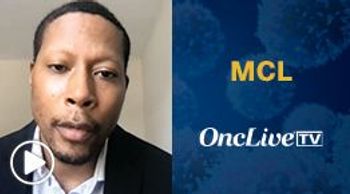
The clinical associate professor from the Rogel Cancer Center at Michigan Medicine discussed the future of CAR T-cell therapy in mantle cell lymphoma patients.

Manuel Litchman, MD, the president, chief executive officer, and director of Mustang Bio, discussed upcoming research on MB-101 cell therapy.
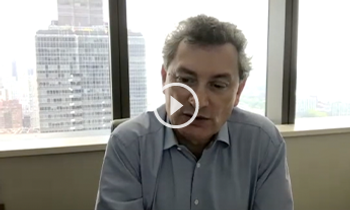
The lymphoma service chief at Memorial Sloan Kettering Cancer Center discussed the need for new therapies to treat diffuse large B-cell lymphoma.
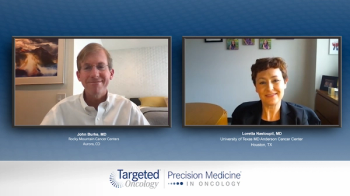
Loretta Nastoupil, MD, and John Burke, MD, discussed treating relapsed/refractory (R/R) diffuse large B-cell lymphoma (DLBCL).
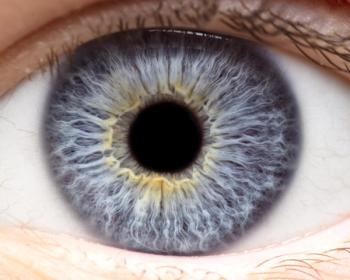
Short-term morphological rescue was seen after voretigene neparvovec-rzyl treatment.

The executive vice president of research and development at Jasper Therapeutics discussed how JSP191 is designed to be better-tolerated than current conditioning regimens.

Abeona Therapeutics is seeking a path towards BLA filing based on the promising clinical data.

NT-501 previously received orphan drug and fast track status from the FDA and Neurotech will pursue approval in late 2022.
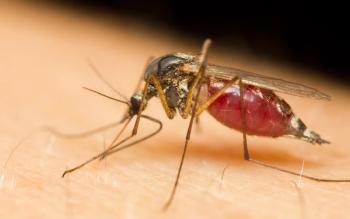
The company plans to use the mRNA platform it harnessed for its COVID-19 vaccine to develop the vaccine for malaria.

The first patient in CG Oncology's phase 2 study of CG0070 was dosed in December 2020.

Investigators found that reactivating the CaMKII enzyme could protect against further vision loss.

Bluebird Bio plans to submit its biologics license application in the US by mid 2021.
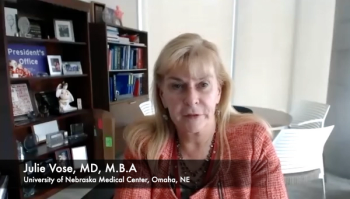
The professor of internal medicine in the Division of Oncology and Hematology at the University of Nebraska Medical Center discussed the benefits of CAR T-cell for patients with follicular lymphoma.